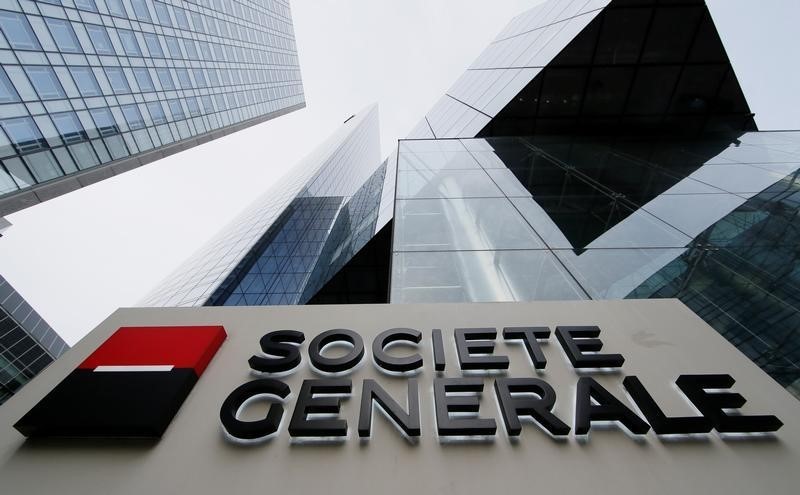By Claire Milhench
LONDON (Reuters) - A trial date for a lawsuit brought by Libya's $67 billion (51 billion pounds) sovereign wealth fund against French investment bank Societe Generale (PA:SOGN) was pushed back to April 25, 2017, by a judge's ruling in London's High Court.
The case, in which the Libyan Investment Authority (LIA) is pursuing Societe Generale for some $2.1 billion in relation to disputed trades, was originally scheduled to come to trial in January 2017.
The judge's ruling came in response to a request for an adjournment by lawyers for the French bank, who had cited the volume of work that still needed to be done.
In the three-day hearing in London this week, lawyers for the LIA also applied for further information concerning the meaning of code words allegedly used by SocGen employees.
In court filings seen by Reuters, the LIA says it believes it has worked out the individuals to which some of the code words probably refer.
For example, Mustafa Zarti, the LIA's deputy executive director at the time of the trades, appears to have been referred to as "Zorro", the LIA's court filings allege. Walid Giahmi, a Libyan businessman, appears to have been referred to as "the Doctor".
In court on Wednesday, Societe Generale agreed to provide an explanation for the use of some of the code words, to the best of its ability, by Oct. 7. A spokesman for Societe Generale declined to comment further on this aspect of the case.
In the case, the LIA alleges that the disputed trades were procured through a "fraudulent and corrupt scheme" involving the payment of $58.5 million to a Panamanian-registered company called Lenaida, controlled at the time by Giahmi.
SocGen has said it refutes the allegations and "any claim tending to question the lawfulness of these investments".
Giahmi's representatives have not responded to repeated requests for comment on the case.
The LIA's court filings go on to allege that other code words appear not to refer to individuals but to transactions or other activities, such as "biscuits", "pizza" or "cooking".
The LIA alleges that these code words are used in a context that is "strongly suggestive of fraud or other impropriety".
